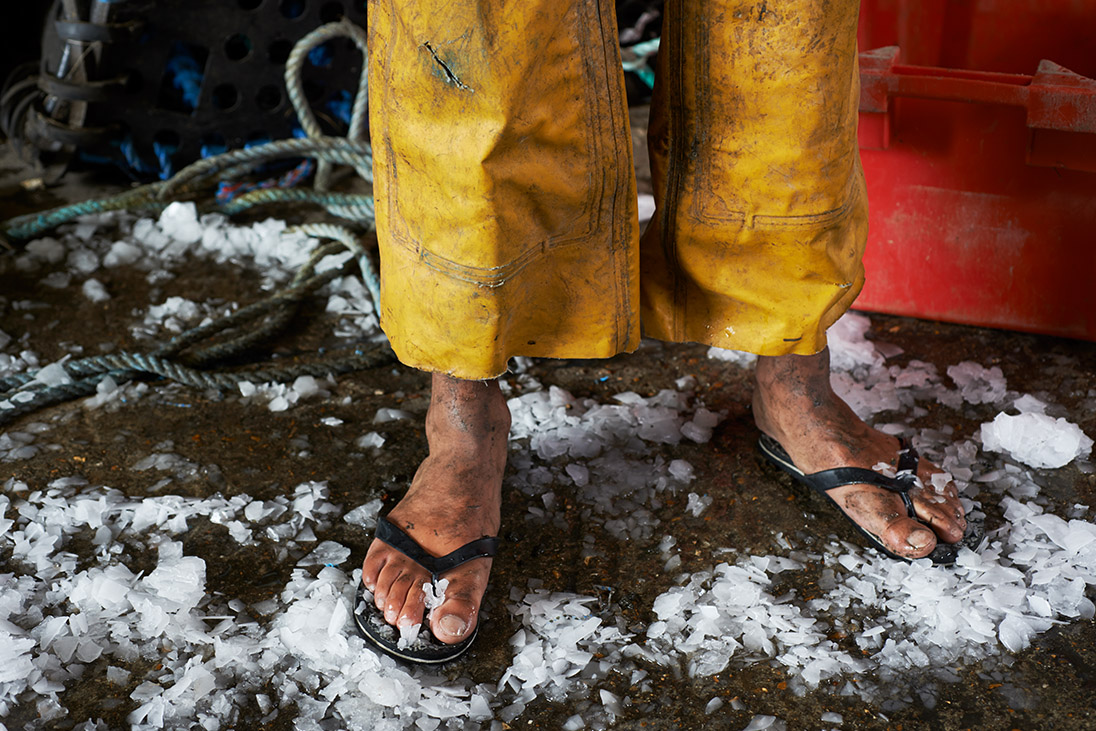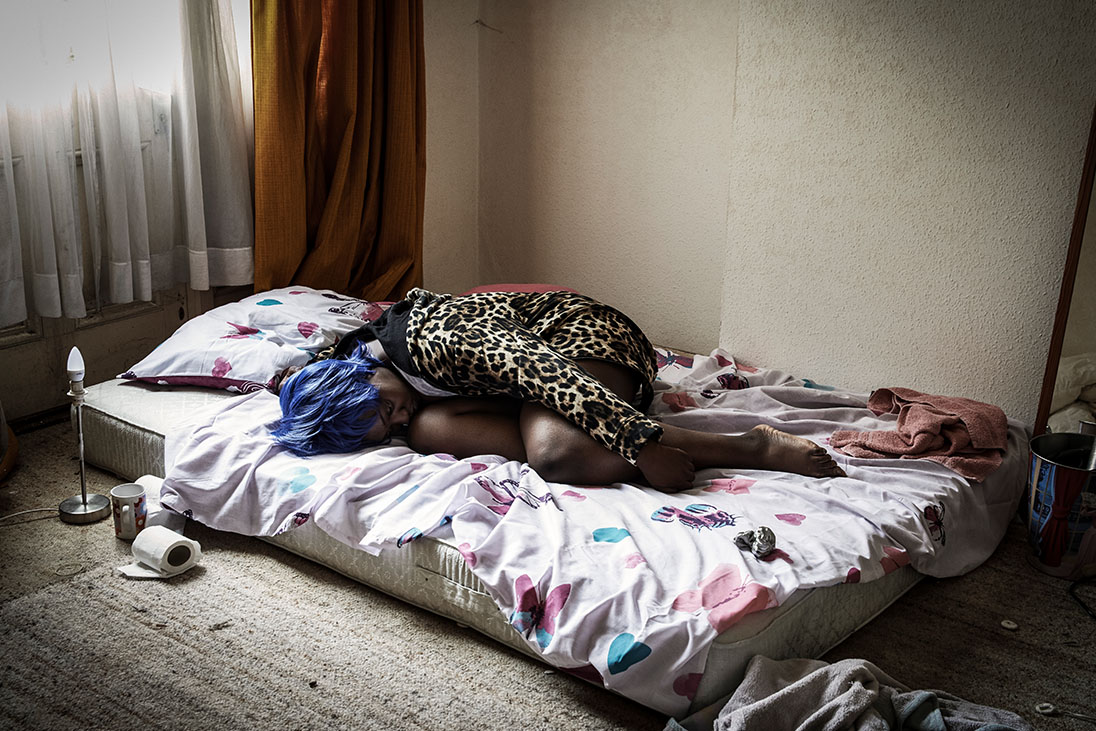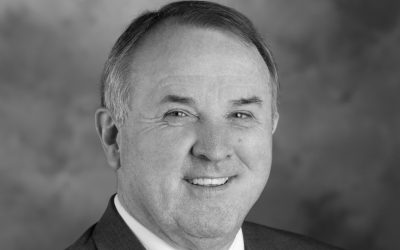The seaside resort of Exmouth is a haven for holidaymakers every summer, serving as the gateway to the spectacular Jurassic Coastline.
However, the picturesque Devon town is also the unlikely focal point for a major police operation cracking down on modern slavery across the country.
Detective Superintendent Andrew Munday is a man with more than 20 years’ police experience and who now heads up a 70-strong team at the national Modern Slavery Police Transformation Unit.
Coincidentally, at the beginning of his police career in the West Midlands, Andrew was sponsored by Rotary Coventry on a Group Study Exchange to Bangalore, India for six weeks. “I have always had a high regard and respect for the work which Rotary does,” he said.
With modern slavery, victims are mentally incarcerated for years, they are stripped of their dignity and personality, it dehumanises them.”
However, now his focus is tackling modern slavery, a phenomenon which preys on vulnerable people, is hidden from plain sight, and often relies on incredible bravery from the victim to end it and prosecute the perpetrator.
“As far as UK plc is concerned, modern slavery is an exceptional threat to the stability of the United Kingdom,” Andrew explained.
“Sexual exploitation remains the largest area we deal with, followed by labour exploitation and then criminal exploitation. In very small levels, but with exceedingly high harm, we are seeing domestic servitude and forced marriages.


Victims are often put to work in every day businesses, from car washes to nail bars, but are given inadequate clothing to do the job required.
“With sexual exploitation, there is a prevalence now that a lot of sex workers use adult services websites to engage with customers. This is a big difference to 20 years ago, and even 10 years ago, where there was a high incidence and prevalence of sex workers doing their businesses on the streets, in neighbourhoods and estates.
“We are finding use of the internet assists offenders who seek to exploit vulnerable women.
“Offenders move the victims around the UK, which adds to the disruption and confusion of the exploited, who can’t set down roots, they are disorientated, but this frustrates the evidential value.
“If someone was suspicious and the woman disappears two weeks later, it is difficult to investigate where the woman has moved onto.”


Victims are often moved around the country, adding to the trauma and making it harder for authorities to combat.
The modern slavery unit is backed by £8.5million of Government funding.
What the Exmouth team is faced with is a sophisticated business, built on financial gain, where the rewards are huge for those who exploit.
At any one time, the modern slavery unit is running more than a thousand ‘live’ operations across England and Wales, based on tips from the public or an intelligence-led investigation – all tasked with the single aim of bringing the exploiters to justice. But it’s not easy.
We are finding use of the internet assists offenders who seek to exploit vulnerable women.”
“Our priority, always, is the victim,” stressed Andrew.
“Sometimes, a prosecution is not the safest option for the victim. Their priority is to be looked after, and they would not want to support a prosecution for a wide variety and often compelling reasons.”
The harm many of those exploited is extreme. Many Vietnamese victims are trafficked overland, either through Iran and Syria, or north via China, Russia and into Europe. It can take them a year to reach the UK.
When they have managed to escape the grip of their captors, many of these traumatised victims don’t want to go back home. They know they will still owe huge debts reaching to tens of thousands of dollars, and where their only option would be being re-trafficked.
At any one time, the modern slavery unit is running more than a thousand ‘live’ operations across England and Wales.”
And yet, here’s the surprising statistic: forget the perception that modern slavery is a plight born by foreigners – last year the majority of victims were UK nationals.
Here, drugs supply is the chief driver, even with children, and colloquially referred to as county lines.
Whatever the mode of exploitation, it remains a shocking phenomenon. Fixed on a spectrum of crime, alongside the most extreme, violent crimes, Detective Superintendent Andrew Munday places modern slavery right at the highest end.


Enduring modern slavery is one of the most dehumanising experiences imaginable.
He explained: “This crime is individual. The suffering and harm is not momentarily. Take wounding, for example. This is a finite incident with a start and a finish, perhaps a tight timescale of a couple of hours.
“With modern slavery, victims are mentally incarcerated for years, they are stripped of their dignity and personality, it dehumanises them. It is an extreme crime.
“As a detective, you can’t help but be affected. To think what awful circumstances these people have been through is chilling in the extreme.
“It is hard to understand what awful experiences the victims have been through and just how callous and malicious the offenders are to do that for such a long time.
“It is not a one-off incident. This is months and years of a determined attack on an individual. It is awful.”


























































